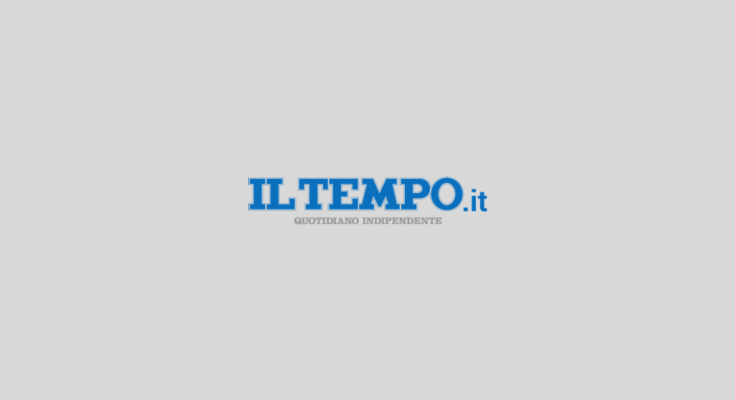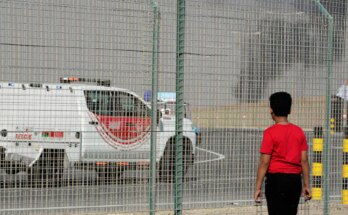Rome, November 21 (Adnkronos Health) – In Tuscany 200 thousand men and women are living with a cancer diagnosis. In this region, new cancer cases per year number more than 25 thousand and 6 out of 10 patients are still alive 5 years after the onset of the disease. All these people must undergo 5 vaccinations: anti-pneumococcal, anti-flu, anti-Herpes zoster, anti-HPV and anti-Covid-19. Immunization has now become fundamental in the treatment process and can protect patients from dangerous infections. It was this message that was launched at the conference ‘Vaccination in cancer patients’, held today at the Pisan university hospital, promoted by the Aiom Foundation – the Italian Association of Medical Oncology, which this year launched a new edition of the national campaign of the same name. The tour will make stops in 10 regions where meetings are being held with medical oncologists, patient associations and other figures from the multidisciplinary oncology team. These meetings and campaigns – recalls one note – aim to deepen the importance of vaccination in patients and provide the latest scientific information. Today it is Tuscany’s turn, as this project is made possible thanks to the unconditional sponsorship of GlaxoSmithKline.
“Cancer patients, due to pathology and subsequent therapy, are very susceptible to several infections – underlines Carmelo Bengala, director of Uoc Medical Oncology 1, Aoup – Through immunization we can protect them from dangerous pathogens and from serious, sometimes even fatal diseases. This is the case of Herpes zoster, whose risk of infection increases by 40% in the presence of solid tumors. Seasonal flu or pneumococcal pneumonia can also have very negative consequences and even lead to hospitalization due to complications. Vaccines are safe health aids that provide great benefits and indisputable – said Bengala – As Aiom, we are one of the first scientific societies in the world to publish specific guidelines indicating the timing and method of administering the vaccine”.
“Oncology patients have special needs – adds Caterina Rizzo, professor of general and applied hygiene at the Department of Translational Research and new technologies in medicine and surgery at the University of Pisa – Depending on the type of therapy being carried out, it is advisable to evaluate whether to anticipate or postpone vaccination, using the most appropriate vaccine. Fears regarding possible side effects or the risk that vaccination may interfere with oncological therapy. It is important to be reassured and properly informed: the benefits outweigh the perceived risks”.
“Patients and caregivers must be reassured by medical-health personnel – concludes Gianni Amunni, scientific coordinator of Ispro – Vaccination must always be accompanied by adequate information and communication interventions. To encourage immunization, vaccination clinics must be active in the same health facilities where patients are already receiving treatment. Vaccination is a fundamental tool for the primary prevention of many diseases, including some forms of cancer. We have also understood for some time how important vaccination is in the medical-health services that we need to provide to cancer patients.”



